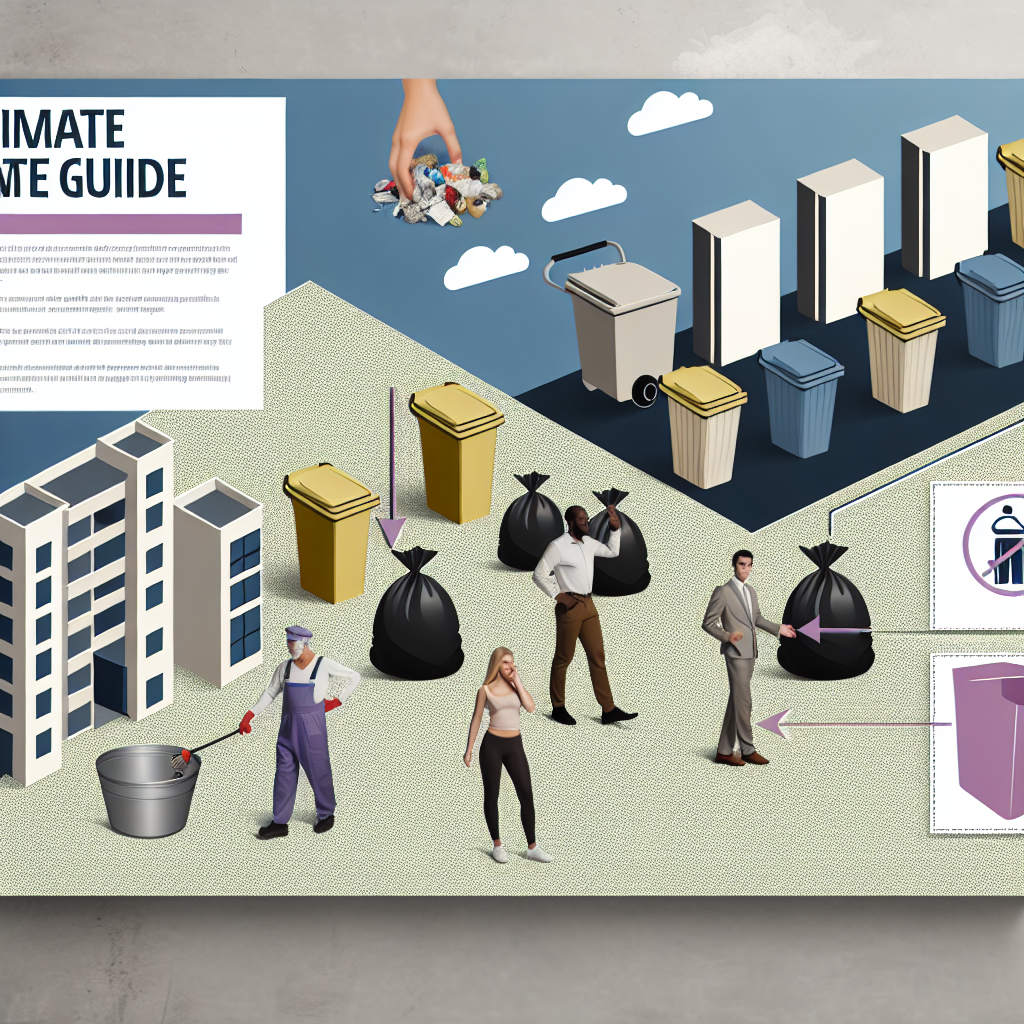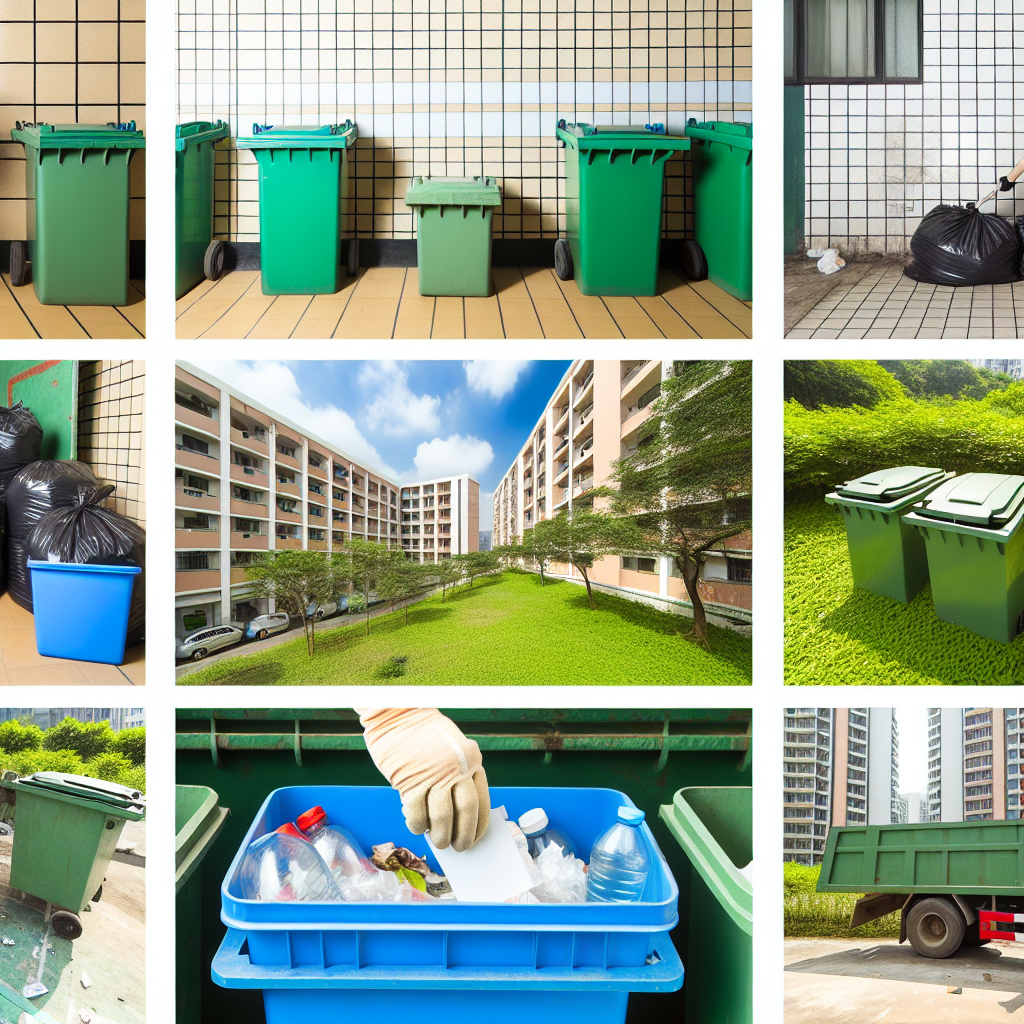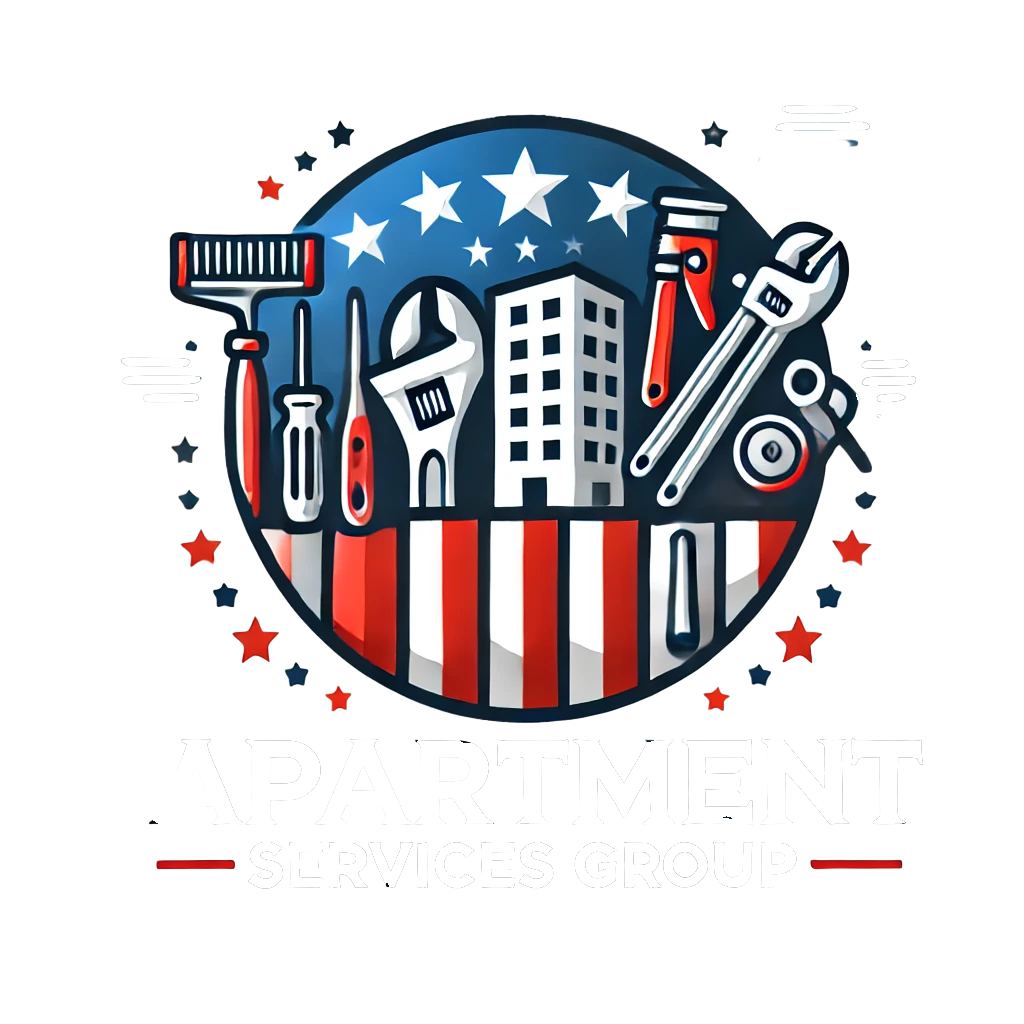Effective Waste Management Strategies For Apartment Trash Services
Effective waste management is a critical component of maintaining cleanliness, hygiene, and environmental responsibility in apartment communities. With the increasing number of multi-family housing units, the need for efficient and sustainable trash collection services has become more pressing than ever. Implementing best practices for apartment trash collection not only enhances the living experience for residents but also contributes to broader environmental goals. To achieve this, property managers and waste service providers must adopt a strategic approach that addresses the unique challenges of apartment waste disposal.
One of the most important strategies is to ensure proper placement and accessibility of waste collection points. Trash and recycling bins should be conveniently located throughout the property, ideally in well-lit and easily accessible areas. This encourages residents to dispose of their waste responsibly and reduces the likelihood of illegal dumping or littering. Additionally, clearly marked signage indicating what materials belong in each bin can significantly improve compliance with recycling guidelines and reduce contamination.
Equally important is the scheduling and frequency of waste collection. Overfilled dumpsters not only create unpleasant odors and attract pests but also pose health and safety risks. Property managers should work closely with waste service providers to determine the optimal pickup schedule based on the number of residents and the volume of waste generated. Seasonal adjustments may also be necessary, as waste production can fluctuate during holidays or peak moving periods.
Education and communication play a vital role in promoting effective waste management. Residents should be regularly informed about proper disposal practices, recycling protocols, and any changes to collection schedules. This can be achieved through newsletters, community bulletin boards, or digital platforms such as email and mobile apps. Hosting occasional workshops or informational sessions can further reinforce these messages and foster a sense of community responsibility.
Incorporating recycling and composting programs is another best practice that can significantly reduce the amount of waste sent to landfills. Providing separate bins for recyclables and organic waste, along with clear instructions, empowers residents to participate in sustainable practices. Moreover, partnering with local recycling facilities or composting services can enhance the efficiency and environmental impact of these programs.
Technology also offers valuable tools for improving apartment trash services. Smart waste management systems, such as sensor-equipped bins and data analytics platforms, can help monitor fill levels, optimize collection routes, and identify areas where additional resources may be needed. These innovations not only streamline operations but also contribute to cost savings and environmental sustainability.
Furthermore, maintaining cleanliness around waste disposal areas is essential for both aesthetic and health reasons. Regular cleaning and maintenance of dumpsters, enclosures, and surrounding spaces prevent the buildup of debris and deter pests. Implementing rules and penalties for improper disposal can also encourage residents to adhere to community standards.
Ultimately, successful apartment trash collection relies on a combination of strategic planning, resident engagement, and ongoing evaluation. By adopting these best practices, property managers can create a cleaner, safer, and more sustainable living environment. As urban populations continue to grow, the importance of effective waste management in apartment communities will only increase, making it imperative to prioritize and continuously improve these essential services.
Enhancing Property Cleanliness Through Scheduled Apartment Garbage Pickup

Maintaining a clean and sanitary living environment is a fundamental aspect of effective property management, and one of the most impactful ways to achieve this is through scheduled apartment garbage pickup. Regular and reliable trash collection not only enhances the overall appearance of a property but also contributes significantly to the health and well-being of its residents. By implementing best practices in apartment trash collection, property managers can ensure that waste is handled efficiently, thereby reducing the risk of pest infestations, unpleasant odors, and unsightly litter.
To begin with, establishing a consistent trash pickup schedule is essential. When residents are aware of specific days and times for garbage collection, they are more likely to comply with disposal guidelines, which in turn helps maintain order and cleanliness throughout the property. Clear communication is key in this regard. Property managers should provide residents with detailed information about pickup schedules, designated disposal areas, and any rules regarding the separation of recyclables and hazardous materials. This information can be disseminated through welcome packets, community bulletin boards, or digital platforms such as email newsletters and resident portals.
In addition to scheduling, the strategic placement of waste receptacles plays a crucial role in promoting cleanliness. Trash bins should be conveniently located yet discreetly positioned to avoid detracting from the property’s aesthetic appeal. Ensuring that these receptacles are appropriately sized and regularly emptied prevents overflow, which can quickly lead to litter accumulation and attract pests. Moreover, providing separate containers for recyclables encourages environmentally responsible behavior among residents and supports broader sustainability goals.
Another important consideration is the cleanliness of the trash collection areas themselves. These zones should be cleaned and disinfected on a routine basis to prevent the buildup of grime and bacteria. Installing proper lighting and surveillance in these areas can also deter illegal dumping and vandalism, further preserving the integrity of the property. Additionally, property managers may consider implementing valet trash services, where staff members collect garbage directly from residents’ doors. This not only adds a layer of convenience but also minimizes the chances of trash being left in hallways or common areas.
Education and resident engagement are also vital components of an effective trash collection strategy. Hosting occasional community meetings or distributing informative materials about proper waste disposal practices can foster a sense of shared responsibility among residents. When individuals understand the impact of their actions on the community’s cleanliness and overall quality of life, they are more likely to adhere to established guidelines.
Furthermore, partnering with a reputable waste management company ensures that trash is collected and disposed of in compliance with local regulations. These companies often offer tailored services that can be customized to meet the specific needs of an apartment complex, including bulk item removal and seasonal clean-up events. Regular evaluations of the waste management plan, including feedback from residents, can help identify areas for improvement and ensure that the system remains effective over time.
In conclusion, enhancing property cleanliness through scheduled apartment garbage pickup requires a multifaceted approach that combines organization, communication, infrastructure, and community involvement. By adhering to these best practices, property managers can create a cleaner, safer, and more pleasant living environment for all residents.
Bulk Trash Removal Tips To Improve Community Hygiene And Junk Removal Efficiency
Maintaining a clean and hygienic apartment community requires a well-organized approach to waste management, particularly when it comes to bulk trash removal. Bulk items such as furniture, appliances, and large household goods can quickly accumulate if not properly managed, leading to unsightly common areas, pest infestations, and potential health hazards. Therefore, implementing best practices for bulk trash removal is essential to improving community hygiene and enhancing the overall efficiency of junk removal processes.
To begin with, establishing a clear and consistent schedule for bulk trash pickup is crucial. Residents should be informed well in advance of designated collection days, allowing them to plan accordingly and avoid leaving large items in unauthorized areas. This not only helps maintain the aesthetic appeal of the property but also prevents obstruction of walkways and emergency exits. Property managers can utilize community bulletin boards, email notifications, or resident portals to communicate these schedules effectively.
In addition to scheduling, providing designated bulk trash drop-off zones can significantly streamline the removal process. These zones should be strategically located to ensure easy access for both residents and waste removal services. Clearly marked and well-maintained, these areas help prevent the random disposal of large items throughout the property, which can lead to confusion and additional cleanup costs. Moreover, placing signage with guidelines on acceptable items and disposal procedures can further encourage responsible behavior among residents.
Another important consideration is the enforcement of community policies regarding bulk trash disposal. Establishing rules that outline what constitutes bulk waste, how it should be prepared for pickup, and any associated fees can deter improper disposal practices. For instance, requiring residents to disassemble large furniture or remove doors from appliances before placing them out for collection can reduce safety risks and facilitate easier handling by waste management personnel. Consistent enforcement of these policies, coupled with penalties for non-compliance, reinforces accountability and promotes a cleaner living environment.
Furthermore, encouraging recycling and donation of usable items can reduce the volume of bulk waste while supporting sustainability efforts. Many items commonly discarded as bulk trash, such as gently used furniture or working electronics, can be repurposed or donated to local charities. Property managers can partner with nonprofit organizations to host periodic donation drives or provide information on nearby donation centers. This not only diverts waste from landfills but also fosters a sense of community engagement and social responsibility.
Equally important is the collaboration with professional waste removal services that specialize in bulk item disposal. These providers often offer tailored solutions that align with the specific needs of apartment communities, including on-call pickups, recycling options, and environmentally responsible disposal methods. By working closely with such services, property managers can ensure that bulk trash is removed promptly and in compliance with local regulations.
In conclusion, effective bulk trash removal is a vital component of maintaining community hygiene and operational efficiency in apartment complexes. Through proactive communication, designated disposal areas, clear policies, and partnerships with professional services, property managers can create a cleaner, safer, and more organized living environment for all residents. By adopting these best practices, communities not only enhance their curb appeal but also contribute to broader environmental and public health goals.
Keep your community clean and efficient—follow the Best Practices for Apartment Trash Collection today! Get a Quote Now






